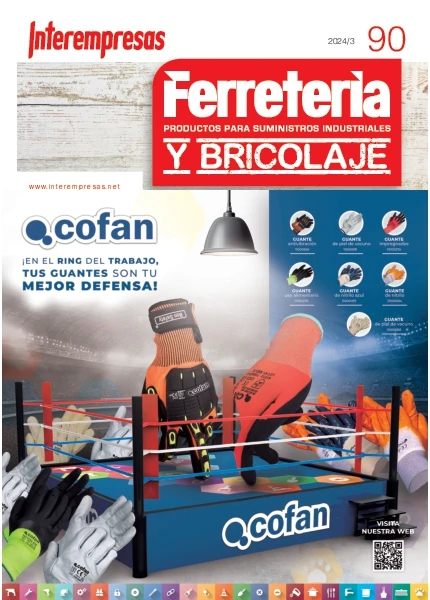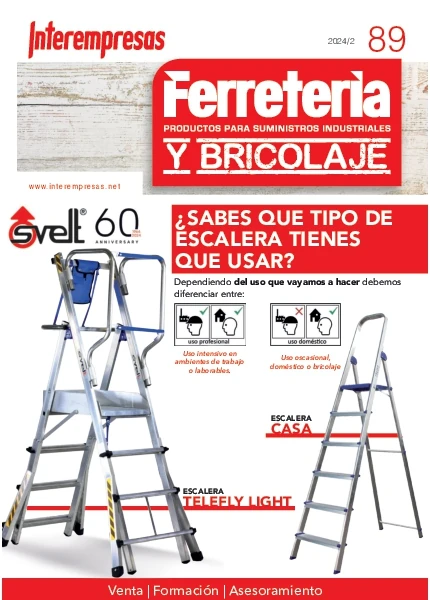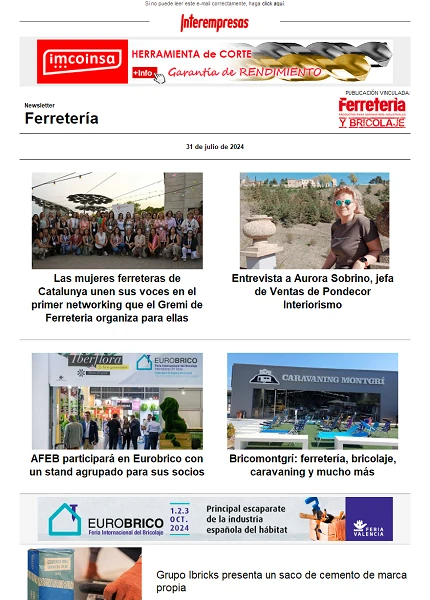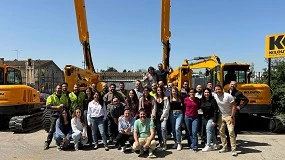Rules and obligations for manufacturers and distributors of stairs
May 13, 2009
Among the speakers was Maria of the Rosario Baptist, technical certification of Aenor, Spanish Association of standardisation and certification, responsible for European standardisation in Spain. Bautista spoke mainly of product certification and the need to establish some common points in comparison with other countries. "Normalization is an agreement taken from all the actors involved in a relationship, which are manufacturers, distributors, etc." This agreement is embodied in a policy document. "Standards are usually more or less technical documents published by a recognized agency and laying down a series of practical issues," added Baptist. According to her, these rules should have a number of features to play its role well, they must have clear and specific definitions made from a consensus.
What is it meant for a certain product?
General product safety regulations apply to industrial products with the exception of food (electrical equipment, toys, material of child care, electronics, etc.). The Royal Decree 1801 / 2003 part of the general duty, that has all those involved in the supply chain of a product, consisting of to market only safe products.
Means that a product is safe when, under normal conditions of use, does not present any risk to human health or to things, but that only presents risks which are compatible with the own use. For example, a clothing iron has to be safe, i.e. must not present risk of electrocution, short circuit, fire, explosion, etc. However, it is clear that the own use of the iron creates a risk to the user who is none other than the possibility of burning if you touch the surface of the product in full use. However, this latter risk is considered admissible, obviously.
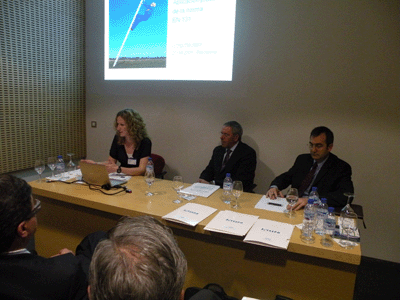
It considers that a product is safe when it meets the standards that are applicable, especially those affecting parameters of safety or quality laying down minimum standards for this category of articles.
Obligations of producers: manufacturers, importers, wholesalers General:
-To launch products that are safe.
-Informing consumers of the imperceptible risks of products marketing, but that should be known for a correct use.
-Inform the distributors of the potential risks of products.
-Informing consumers of the proven risks of products when they have enough evidence of this danger through the corresponding notices (for example, through the media).
-Retrieve the products on the market when it is credited that have released dangerous products.
-Included in the product, its packaging or labelling, sufficient data to identify the company responsible for, the lot and the instructions for use as well as warnings and concerns of use.
-Save the details of the batches of products which have been manufactured or imported for a period of three years.
-Provide the information that required them the competent authorities in the field of control of the market and assist in the process of withdrawal from the market and recovery of hazardous consumer products, voluntarily to report on the marketing of products with security breaches.
-Maintain controlled products that are immobilized provisionally by the public authorities when these obvious indications of risk.
Obligations of distributors:
-Distribute insurance products to the market.
-Stop the marketing of a product when they have information showing their danger (alert, withdrawn from the market by the producer, etc.).
-Inform the identified risks to the producers or administrative bodies and, even, to the customers.
-Keep the documentation identifying the precedence of products (identity of the supplier) for three years.
-Provide the information that required them the competent authorities in the field of control of the market.
-Work with producers and the Administration in the process of withdrawal from the market of dangerous products and in the process of recovery of consumers in relation to those products which have been sold.
-Keep the producers that are immobilized provisionally by the public authorities when these obvious indications of risk controlled.
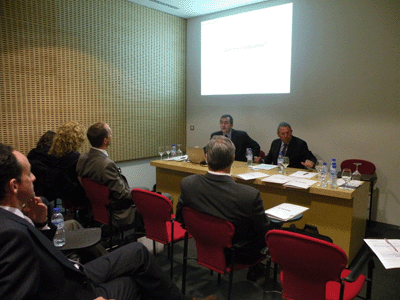
The standard in-131
There are two types of certifications: CE marking, which is a certification at European level. It exists for only certain products and is under the scope of any directive. On the other hand, the mark is a voluntary certification of product or service owned by Aenor. The CE marking is mandatory and in volunteer.
In the dial in is the standard in-131 which applies to the portable stairs: a ladder is safe when it is suitable for use, are protected against excessive bending, instability and torsion, which does not slip due to sliding legs/tips and meet the standard in-131.
Common causes of accident and tests to be applied:
-Bending steps and sections: test of bending of rungs, essay of flexion, lateral flexion and resistance of ladder.
-Pricing/welding of stepping stone to the section: torque of step test.
-Detachment/breakage of the tape of security: security device testing.
-Disconnection / breakage of the anchoring device: insert device test.
-Inadequate tips: Tips anti-deslizantes, avoid detachment of plastic tips.
-Difficulties during use: improper use, incorrect placement angle.


